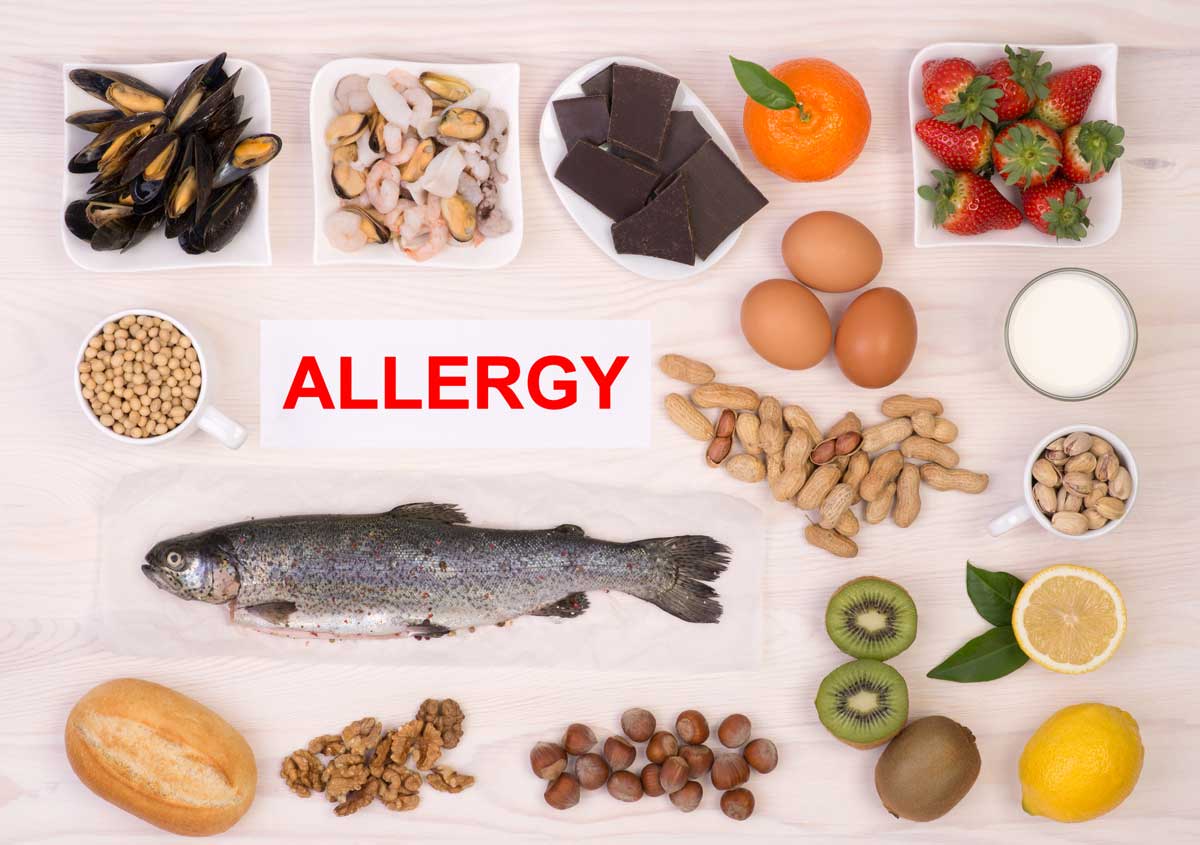If you feel discomfort in your stomach, tired or not well after a mean; if you have stomach cramps or bowel movements problems; if you have food dislikes; if you have a collection of symptoms that cannot be explained or feel annoyed or depressed then you may be suffering from food allergy. This is considered as a factor in various health problems, especially in children.
When food harms
When we eat food that is over-processed and added with too many preservatives, our stomach will get toxins. This is a major source of many health issues. And sometimes, even if we eat well-cooked hygienic food, our stomach may not feel good. This is because of the stress we face in our daily life. Some sad hormones will affect the process of digestion and intoxicate the bowel system.
Food allergies not only harm our internal organs but also create several mental problems. Continuous allergenic to foods will make the body weaker. It will not have enough nutrients essential to do day-to-day activities. We may find ourselves limiting our diet when we suffer from certain foods that caused such health issues. Gradually, by eliminating the foods you need, the person will lose the outstanding benefits of nutrients present.
What is meant by allergenic food?
In simple terms, allergenic or reactive food is the one that causes allergic reactions like wheezing, stuffy nose, stomach cramps, etc. Some of the foods that cause allergenic reactions in children include milk, soy nuts, eggs, corn, etc.
For some people, citrus foods, seafood, chocolate, oats, etc. can be allergenic or highly reactive.
The level of sensitivity to one or more components of the food determines the allergenic level. Some vitamins and minerals present in the food may not work well with the enzymes and hormones in the bowel system.
Symptoms of food allergy
The following are the symptoms of food allergy:
- Frequent sniffing
- Throat clearing
- Moodiness
- Hyperactivity
- Irritability
- Dark circles under the eyes
- Headaches
- Stomach aches
- Muscle pain
- Coughing
- Wheezing
- Bowel problems
- Frequent respiratory or digestive problems
Treatment
Treatment for food allergies includes desensitization which is a program that helps in improving the immune system. In this method, our body gets the capacity to react to allergens naturally. Another treatment is avoiding the food that causes allergenic reactions in one’s body. The third method commonly found is detoxification, in which body toxins that contribute to allergies are removed.
